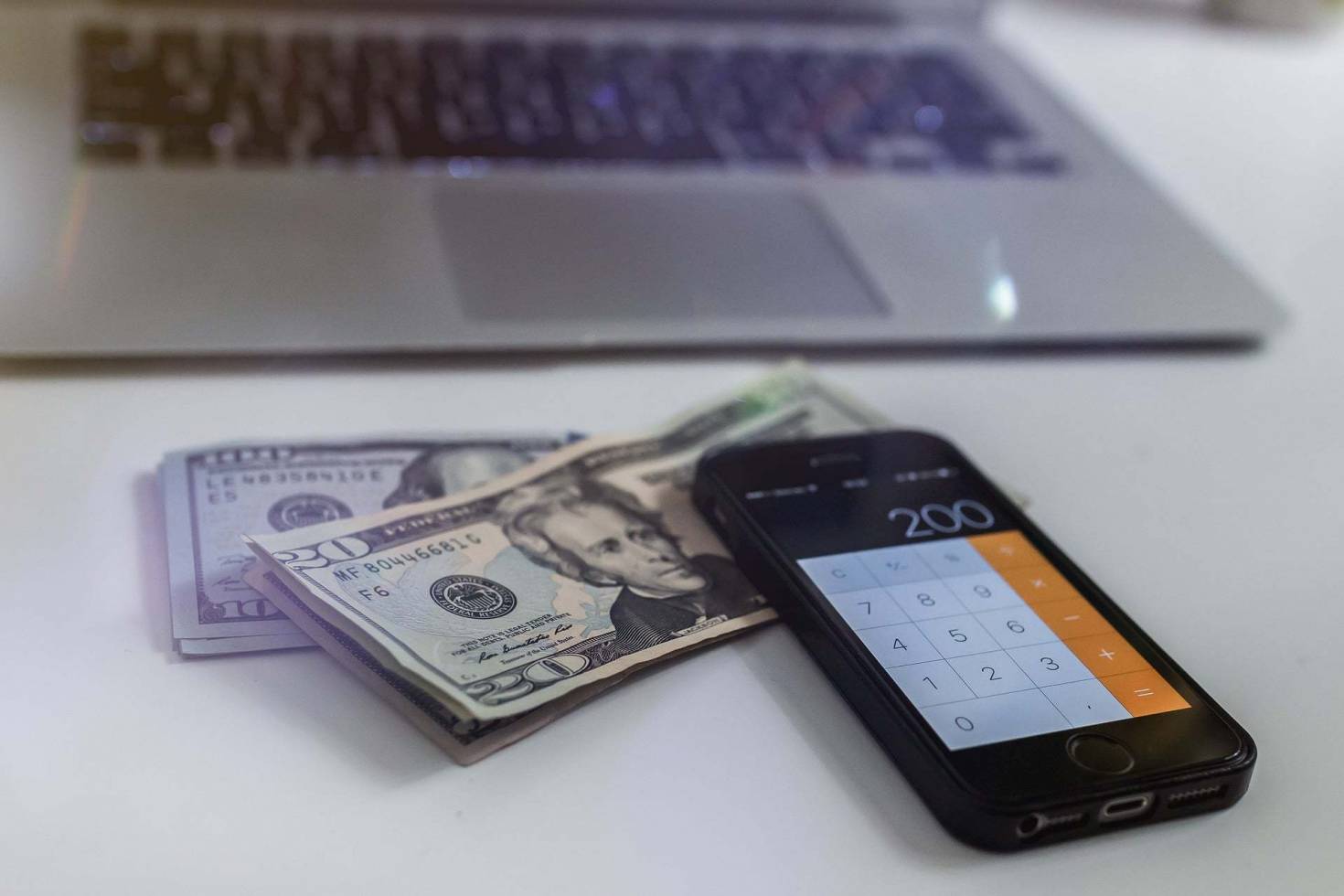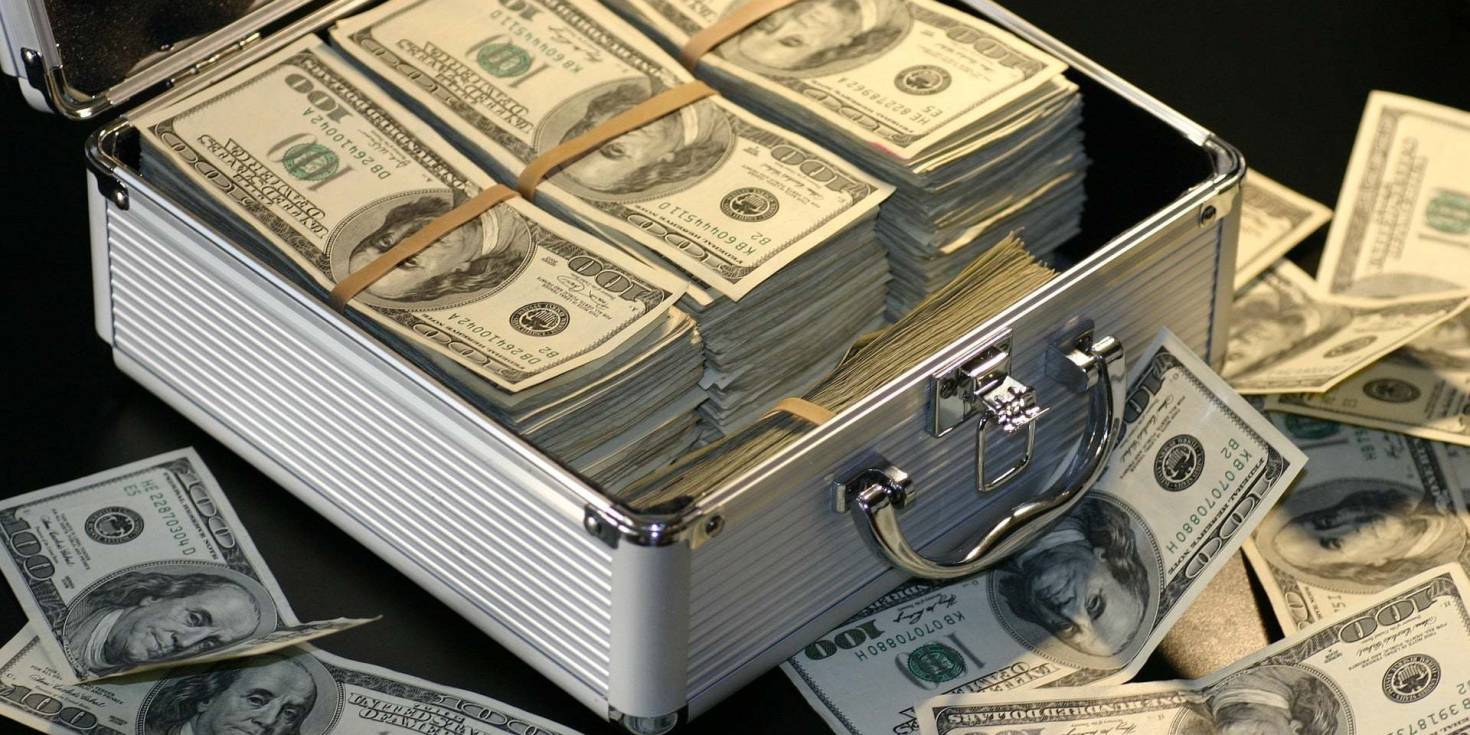The real estate market can be intense and overwhelming, especially if you're inexperienced in it. “Escrow” is another term thrown out there in the crowd of other terms that can get lost in the mix. As common as escrow accounts are, many real estate buyers simply don’t know much about them. It seems that in many cases the term escrow arouses at the very least uncertainty when it comes to buying land for sale. The truth is the escrow concept is simple and easy to understand.
The word escrow can be traced back to Anglo-French, Old French, and Germanic origins meaning, “scrap”, “shred”, and “a piece cut off.” It referred to a deed delivered to a third person until a future condition was satisfied. In the 19th century, this idea evolved into a “deposit held in trust or security.”
What is an escrow account?
An escrow account is money held by a third party until certain legal conditions are met. The purpose is to ensure various costs are covered such as property taxes, mortgage insurance, homeowners insurance, or flood insurance. It's basically a money reservoir to make sure the expenses that need to get paid get paid.

Ways escrow accounts are utilized
When purchasing property, there are several ways to take advantage of an escrow account.
- Frequently the lender will hold loan proceeds in an escrow account until closing is concluded. These are known as escrow holdbacks. After closing is finalized, the profits are distributed to the seller.
- Often there is a monthly payment escrow that may be built into the mortgage payment to pay taxes and fees.
- To demonstrate they're serious about completing a deal, buyers often deposit earnest money to the seller when a purchase agreement has been signed. This payment may be put in an earnest money escrow. If the buyer backs out without a legitimate reason, the money goes to the seller.
- The property deed can be held in escrow until the sale is finished. It will then be transferred to the buyer and recorded at the courthouse.
The obvious question is... why is an escrow account necessary? Why doesn’t the buyer just pay the taxes? Why can’t the lender pay the insurance premiums? The answer is sometimes they can. Some loan types such as an FHA loan require lenders to maintain escrow accounts until the loan is paid in full. Some mortgage companies require buyers to pay into escrow accounts, while others offer it as an option.
You may be thinking… “This makes me a little nervous. How do I know all these fees and costs are legit and on the up-and-up?” In 1974 Congress passed the Real Estate Settlement Procedures Act and it became effective in June of 1975. The law outlines requirements lenders must follow when providing mortgages that are secured by federally related loans, including managing escrow accounts.
In hopes of giving you a little more peace of mind, here are a few of the requirements and restrictions spelled out in RESPA. Enforcement of these laws fall within the responsibilities of the Consumer Financial Protection Bureau due to the Dodd–Frank Wall Street Reform and Consumer Protection Act.
- Before establishing an escrow account, lenders are required to perform an escrow account analysis to determine the amount the borrower must deposit into the escrow account.
- Lenders are limited in the amount of money they may require the borrower to hold in an escrow account for payment of taxes, insurance, etc.
- Agents are not allowed to participate in any marketing or service that results in abnormal charges to the consumer or for services that provide no value.
- Lenders are required to provide initial and annual escrow account statements.
- Agents are prohibited from accepting anything of value for referrals to closing agents.
If you're interested, here's a copy of the actual RESPA document concerning escrow accounts.
Why are escrow accounts used?
Usually, an escrow account is a win-win situation for lenders, investors, and buyers alike. Lenders and investors want to make sure tax and fee payments are made and made on time. This reduces the risk to the bank or investor of the buyer defaulting on payments and incurring property liens. It makes sense to add these payments to the mortgage payments, then skim them off and place them in an escrow account.

What is your escrow payment?
Most tax offices and insurance companies require lump sum payments for property taxes and homeowners insurance. A lot of buyers are in favor of escrow accounts because they make their payments more manageable. You may not be able to make a lump sum payment but most people can handle smaller incremental payments each month.
The cost of escrow services varies from state to state and are usually contingent on the property’s purchase price. Generally, their service rate ranges from 1 to 2 percent of the selling price. Typically, buyers and sellers split escrow fees, but it’s up for negotiation.
To calculate your monthly escrow payment, add up your annual property taxes, insurance premiums, and possibly association dues and divide by 12. If your property taxes cost around $1800 yearly, and your annual insurance premiums total around $500, your monthly escrow payment will be $2300 divided by 12, or $191.67. There are also several online escrow calculators that allow you to fill in the above information and your payment amount will be computed for you.
It’s important to be aware that since property taxes and insurance premiums change, monthly escrow payment amounts change as well. At the start of a new year, they commonly go up, or occasionally they go down.

It’s not uncommon to experience escrow shortages and overages. These occur when the amount owed was estimated incorrectly. A shortage is when the escrow amount was estimated as less than what you actually owed. You'll normally be given the option of paying the full shortage amount or having it added to the mortgage payment over the next year. An overage is when the escrow amount was estimated to be more than you actually owed. They may cut you a check or subtract the amount from future escrow payments.
Escrow accounts keep buyers and sellers safe. They are there to make sure the process goes smoothly. If you choose not to use an escrow account, you need to be extremely deliberate and organized. In essence, escrows are a type of forced savings account and they create discipline and peace of mind for you. They make life easier for everyone. If you're reading this because you're looking for your own property, take a look at our land for sale.

